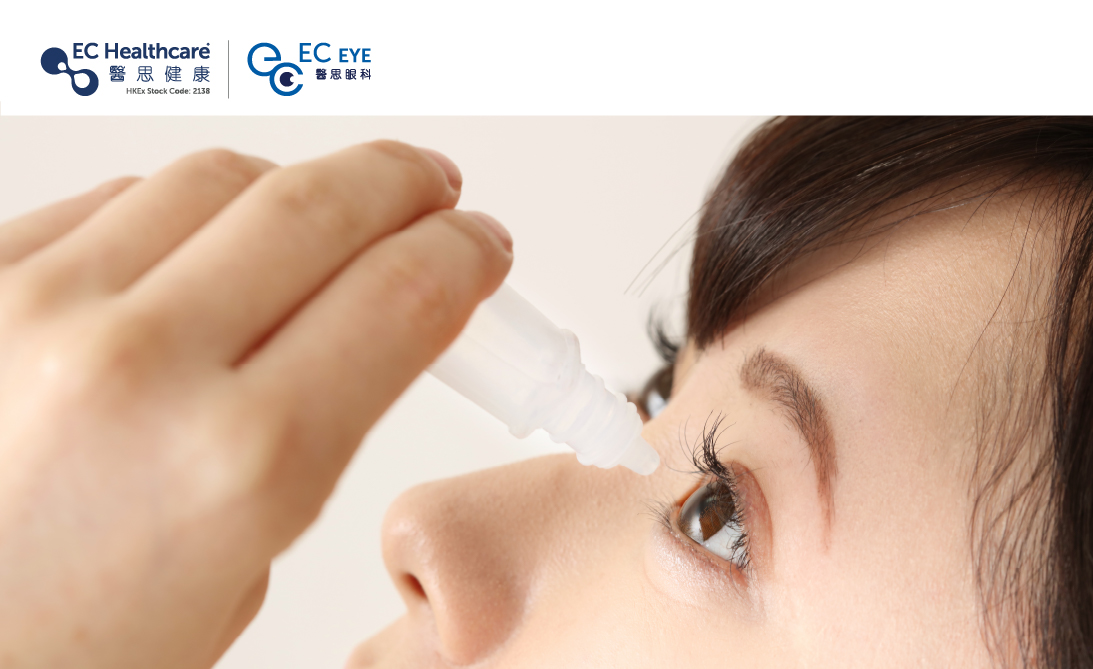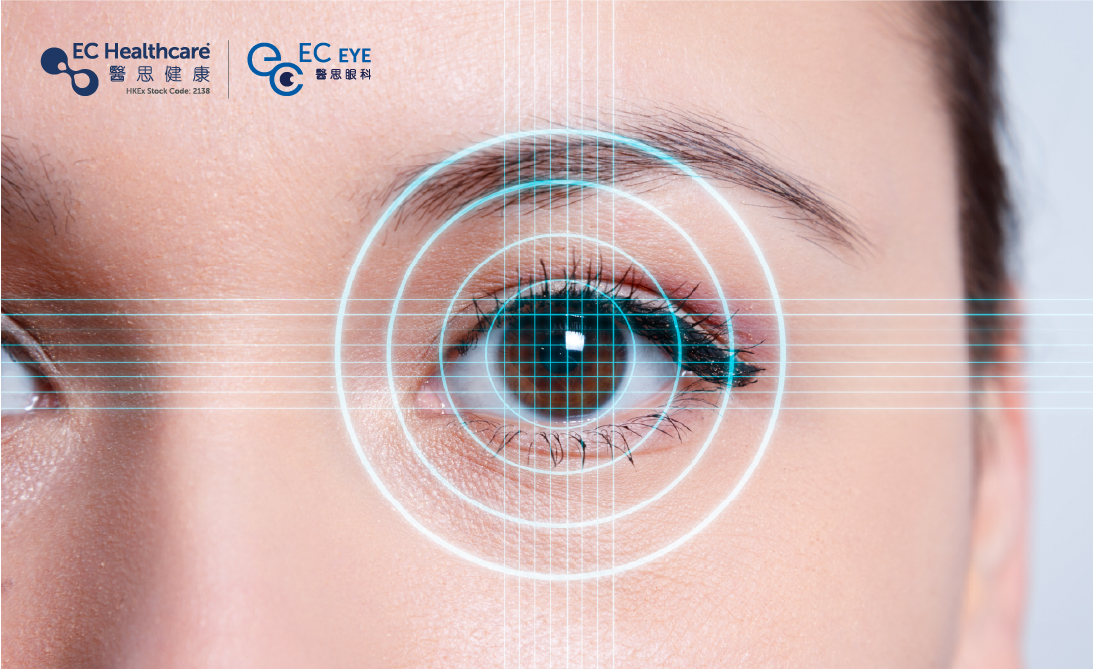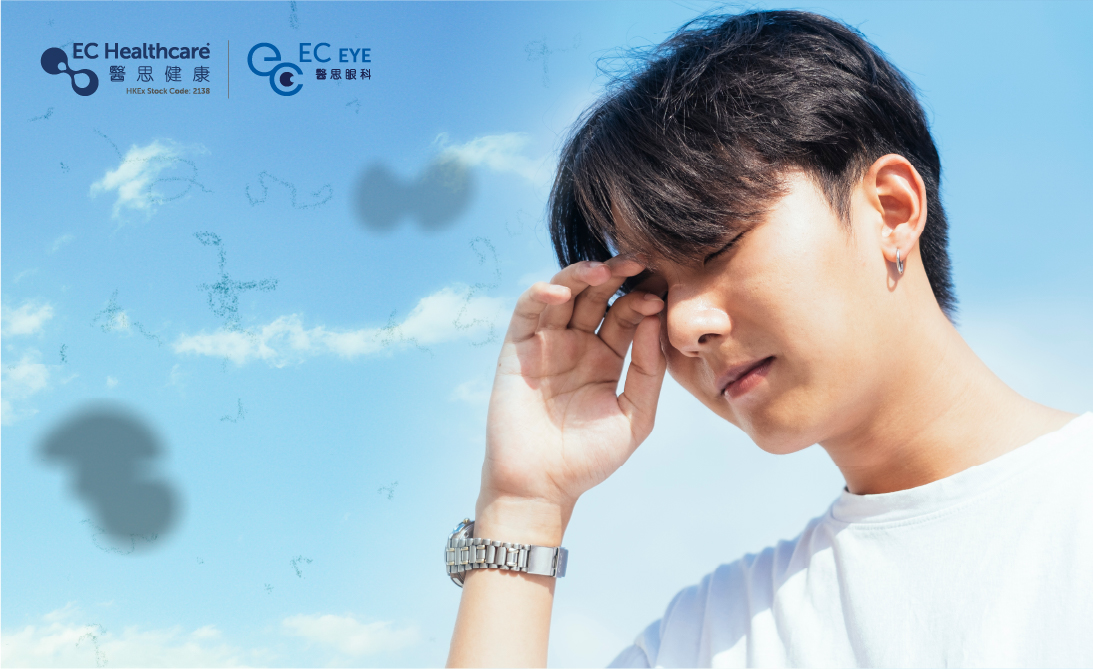Are You Harming Your Eyes with the Wrong Eyedrops?


If you're a city dweller who spends long hours staring at electronic devices, chances are you've experienced dry, tired eyes. Many people turn to over-the-counter eyedrops for immediate relief, but be careful: some products may have added steroids, preservatives or other active ingredients that can dry your eyes out even more, and may even cause inflammation or glaucoma, bringing more harm than relief to our precious eyes.

Understand the causes of your dry eyes
It’s important to identify the causes of your dry and gritty eyes for effective and precise treatment. There are a variety of factors that can lead to dry eyes, including ageing, hormone changes, autoimmune diseases, anti-allergy medicines, long-term use of contact lenses, eye surgeries like laser vision correction and more. Symptoms can include occasional irritating pain, redness and blurred vision.
If your symptoms persist or you become overly reliant on eyedrops, seek medical attention as soon as possible. Our tear film consists of three layers: the oily, watery and mucus layers. If any problem arises in either of these layers, it can lead to aqueous-deficient dry eye, evaporative dry eye, or a combination of the two. Different forms of dry eyes require different treatments. For example, evaporative dry eye is caused by blocked oil glands on the eyelids, which leads to insufficient oil in tears to keep water from evaporating quickly. If you often stare at your computer or smartphone screen without blinking enough, this can also affect the distribution of moisture on the eye surface, triggering dry and gritty eyes.
Target the causes for precise treatment
To diagnose dry eyes, doctors will use a microscope to observe the evaporation time of your tears. If your tears evaporate within 10 seconds, you are likely to have dry eyes. Another diagnostic method is a tear osmolarity test which measures the salt concentration in tears. Dry eye patients will have a higher salt concentration due to less water content in their tears.
To treat dry eyes, doctors will advise patients to wear fewer contact lenses, limit their screen time and stay away from dry environments. Apart from lifestyle changes, using artificial tears is a direct way to lubricate your eyes and some of them can even help repair the cornea. If the symptoms are severe, doctors may administer eye gel for patients to apply to their eyelids before bedtime to keep their eyes moist.

Choose artificial tears carefully
Ophthalmologists recommend using artificial tears that are purely lubricating without active ingredients as medicated eyedrops may bring rebound effects when you stop using them. Patients with severe dry eyes may use eye drops with higher viscosity like those with hyaluronic acid as they can stay in the eyes for long periods.
If patients need to use eyedrops frequently or wear contact lenses, eyedrops with a preservative-free formula will be a better option to avoid additives building up on their eye surface, which can harm their eyesight. They can use these eyedrops whenever their eyes feel dry without worrying about getting addicted to them. Remember to clean your hands before using eyedrops and avoid contacting the bottle’s tip with your finger or eyelid. Apply eyedrops to the lower eyelid and not directly on the eye surface. It’s essential to follow these guidelines for genuine dry eye relief.
In case of prolonged eye discomfort, seek medical advice as soon as possible.
Related Brands










